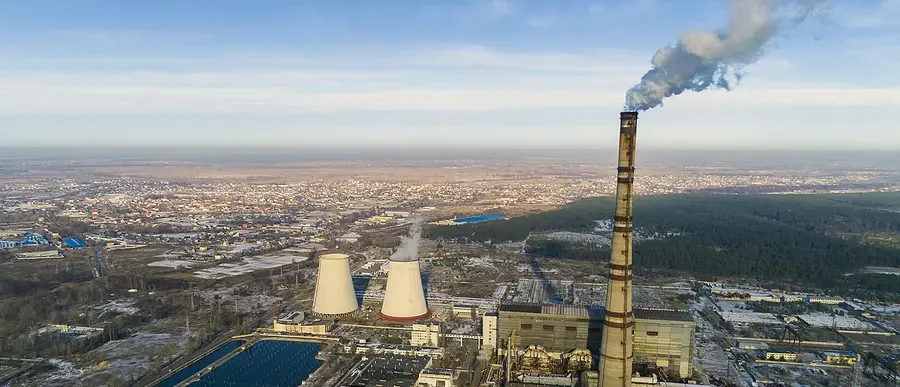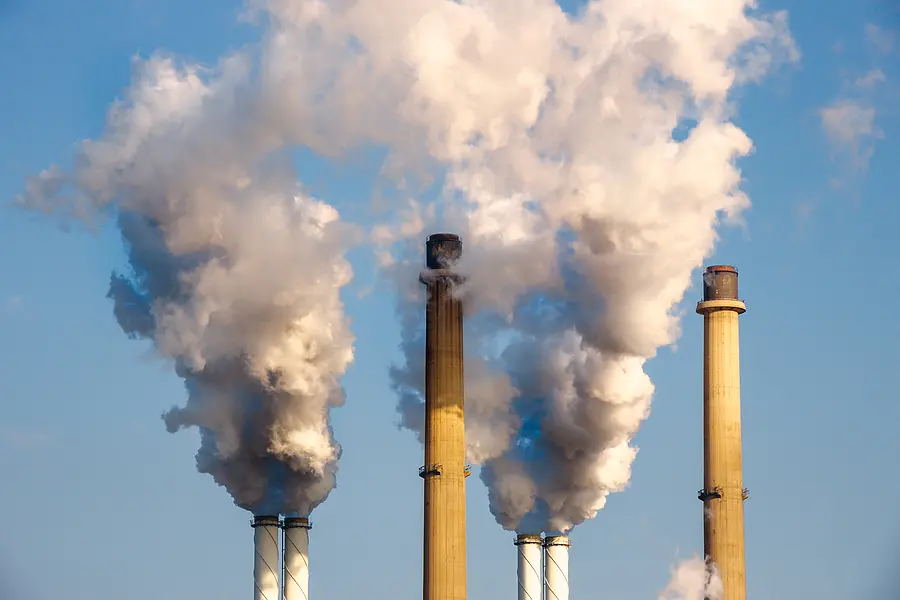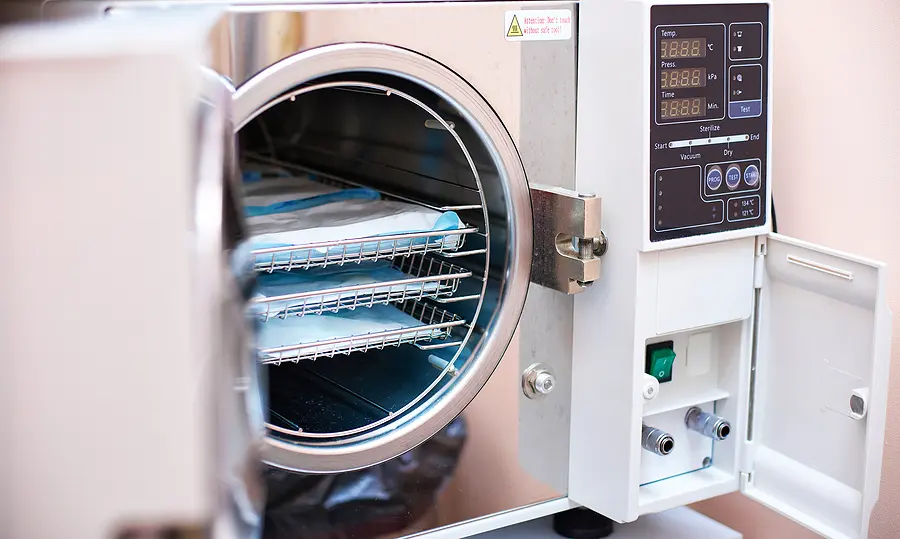Problems with Using an Incinerator for Medical Waste

In the pursuit of effective waste management, the use of incinerators has become a common practice, especially for disposing of medical waste. While the intention is to eliminate hazardous materials, the use of an incinerator for medical waste comes with its own set of problems that we can’t ignore.
Even though the WHO discourages the use of incinerators altogether, they accept incinerators operating at 850-1100 °C if they are fitted with special gas-cleaning equipment. These types of incinerators comply with the international emission standards for dioxins and furans. However, some medical waste incinerator operators don’t comply with these guidelines. In fact, in October 2023, an operator in Baltimore was fined $1.75M for improperly incinerating medical waste.
In this blog, we will delve into the environmental and health concerns associated with medical waste incineration. Additionally, we provide alternative, safer options to look for when choosing a service provider.
The Environmental Impact of Incinerators for Medical Waste
Air Pollution

One of the most significant issues with medical waste incineration is the release of harmful pollutants into the air. Around 25% of medical waste that a hospital generates is plastic, making it even more toxic to burn. The combustion of medical waste produces toxic substances such as dioxins, mercury, and heavy metals. These pollutants can have severe consequences on air quality, posing a threat to both the environment and public health.
Greenhouse Gas Emissions
Medical waste incineration contributes to the emission of greenhouse gases, including carbon dioxide and nitrogen oxides. These gases are known to contribute to global warming and climate change, further emphasizing the environmental impact of this disposal method.
Residue and Ash
The incineration process does not completely eliminate waste; it transforms it into ash and residues. Disposal of these by-products poses challenges as they often contain concentrated hazardous materials. Improper management of ash can result in soil and water contamination, further jeopardizing ecosystems.
Health Concerns of Incinerators for Medical Waste
Respiratory Issues
The release of pollutants during medical waste incineration can have direct consequences on human health. Nearby communities may suffer from respiratory problems, including asthma and other respiratory diseases, due to exposure to toxic fumes.
Cancer Risks
Dioxins, known byproducts of medical waste incineration, are highly toxic and have been linked to an increased risk of cancer. Prolonged exposure to even small amounts of these substances can have detrimental effects on the health of individuals living in proximity to incineration facilities.
Occupational Hazards
Workers who operate and maintain medical waste incinerators are at risk of exposure to hazardous materials. Without proper safety measures, these individuals may face long-term health issues, emphasizing the need for stringent guidelines and protective measures in such facilities.
Sustainable Alternatives
Recognizing the problems associated with medical waste incineration, it is imperative to explore alternative methods that are both environmentally friendly and health-conscious. More sustainable options, such as steam sterilization and chemical treatments, offer promising solutions.

Steam Sterilization or Autoclaving
The process involves exposing items to high-pressure saturated steam at a specific temperature for a set period. This combination of heat, pressure, and moisture effectively kills or inactivates microorganisms, including bacteria, viruses, and spores.
Chemical Treatments
Chemical treatment for medical waste disposal involves using specific chemicals or chemical processes to disinfect or deactivate pathogens in medical waste. The treated medical waste can then be safely disposed of according to local regulations, accommodating various waste types.
Embrace Sustainable Solutions with Medical Waste Pros
While the challenges associated with incinerators for medical waste are evident, it’s crucial to shift towards more sustainable waste management practices. Implementing advanced technologies and adopting responsible waste disposal methods can safeguard both the environment and public health.
Together, let’s pave the way for a healthier, greener future. Give Medical Waste Pros a call at (888) 755-6370 or fill out the form to find an environmentally responsible provider near you today.










